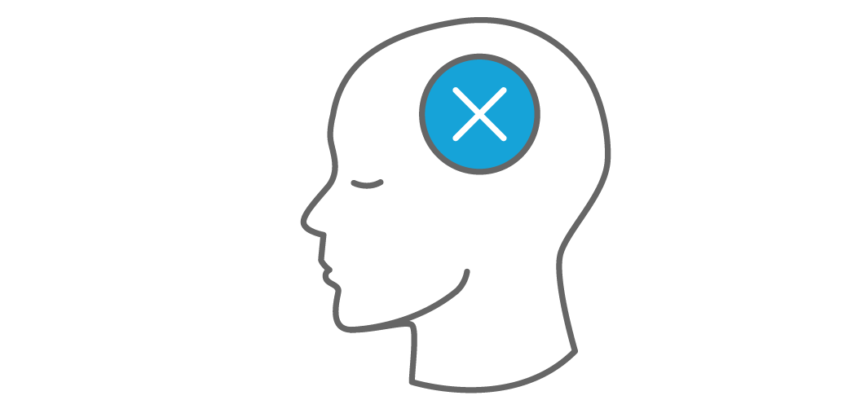
How to Tell if Your Loved One Has an Addiction Problem
Though drug addiction can be hard to notice in the beginning, subtle changes in behavior and health can give it away. Recognizing the early signs of drug addiction is crucial for ensuring that your loved one gets the help they might desperately need. Read on to find out what to look for and how you can help.
Personality Changes
Changes in behavior are often the first and most noticeable signs of drug addiction.
- Lack of energy or motivation
- May feel lethargic or unmotivated to pursue the things they used to, such as work, school, or hobbies
- Dishonesty
- May frequently lie about their behavior or whereabouts in an attempt to conceal their drug use
- Withdrawn
- May lose interest in friends, family, and activities not associated with their addiction
- Anxiety and depression
- Many drugs cause anxiety and depression, especially during periods of withdrawal
Environmental Changes
Environmental changes are also early indicators of an addiction problem—and are sometimes the most reliable.
- Untidy home or bedroom
- Lack of motivation resulting from drug addiction can cause some to neglect their surroundings
- Finding drugs or paraphernalia
- Finding drugs or paraphernalia (such as needles or pipes) in the bedroom, car, or on their person are the “smoking guns” of an addiction problem
- Missing alcohol, prescriptions, or money
- Those living with someone with substance abuse may experience theft of money, prescription pills, alcohol, or other belongings
Physical Changes
Though physical changes are sometimes hard to notice in the early stages of addiction, they become increasingly noticeable over time.
- Physical appearance
- May develop bloodshot eyes, bloody noses, and worsened skin complexion
- Movement and coordination
- Drug abuse can severely inhibit coordination, often resulting in tremors, spasms, and slurred speech
- Poor personal hygiene
- May neglect their hygiene and grooming
- Needle marks and other signs
- Direct signs of drug abuse, particularly needle marks
Confronting Addiction and Finding Treatment
Drug addiction is an extremely sensitive issue for everyone involved. If you find that your loved one is suffering from addiction, a rehabilitation program can help. Call the compassionate, expert team at Yellowstone Recovery at (888) 418-4188 or visit YellowstoneRecovery.com today.
Sources
- http://erptherapy.com/signs-your-child-is-using-drugs
- https://www.webmd.com/mental-health/addiction/signs-of-drug-addiction#1









